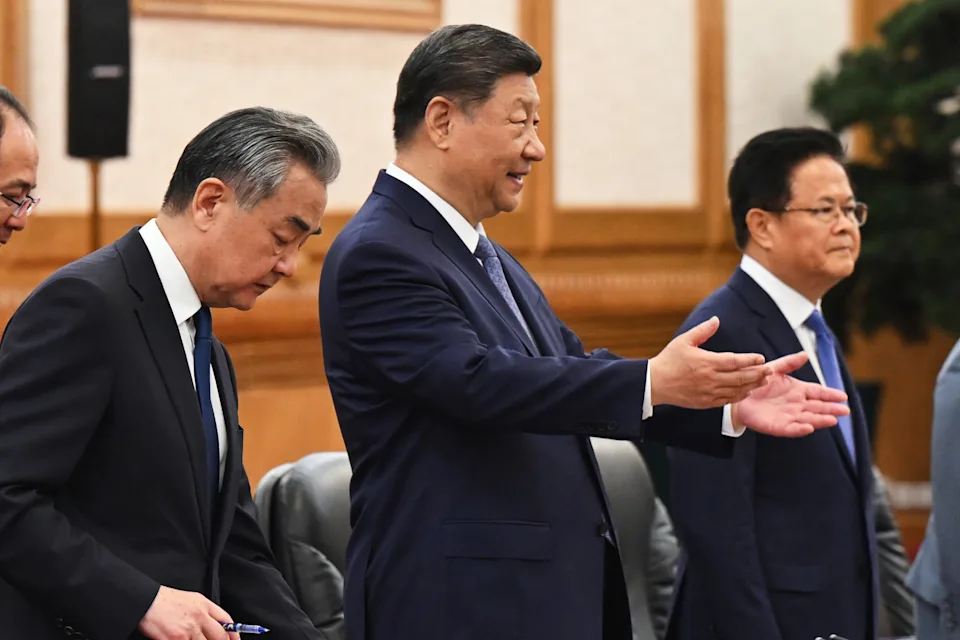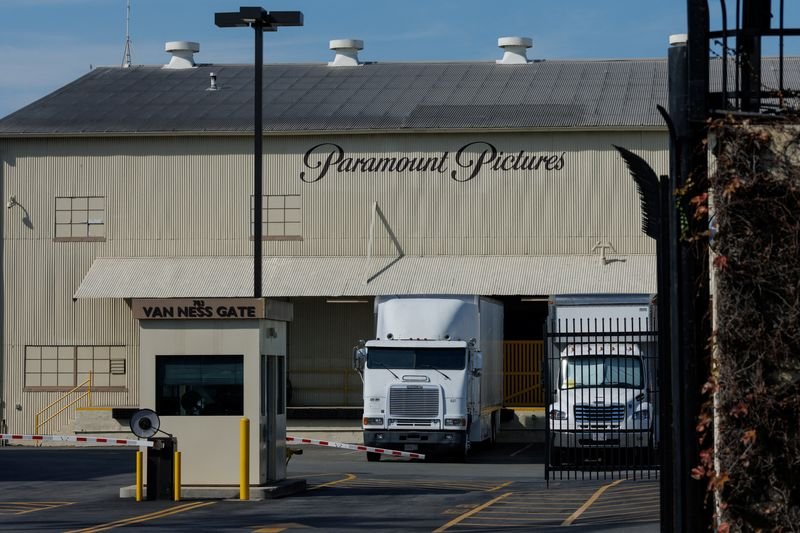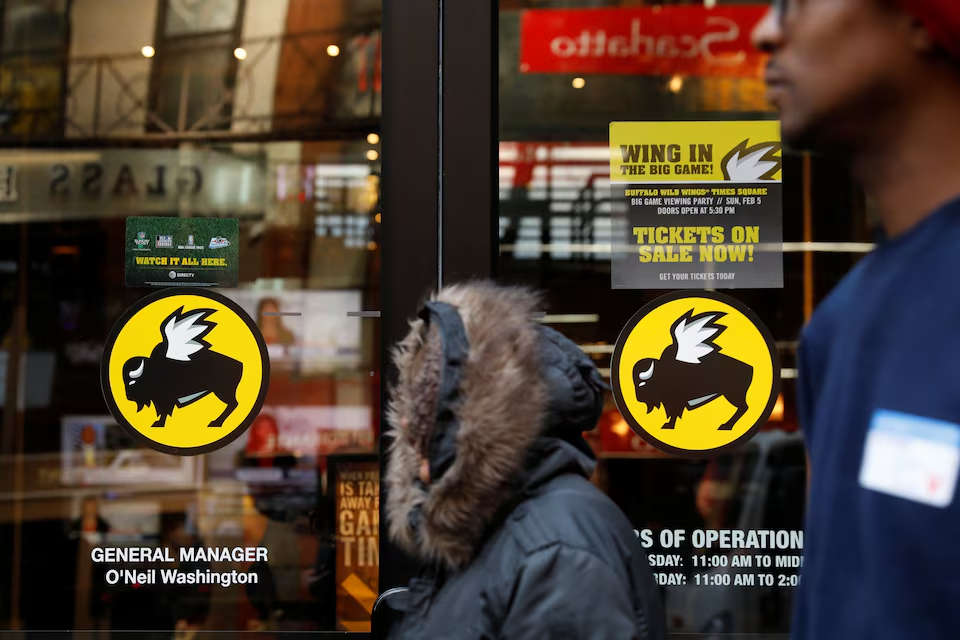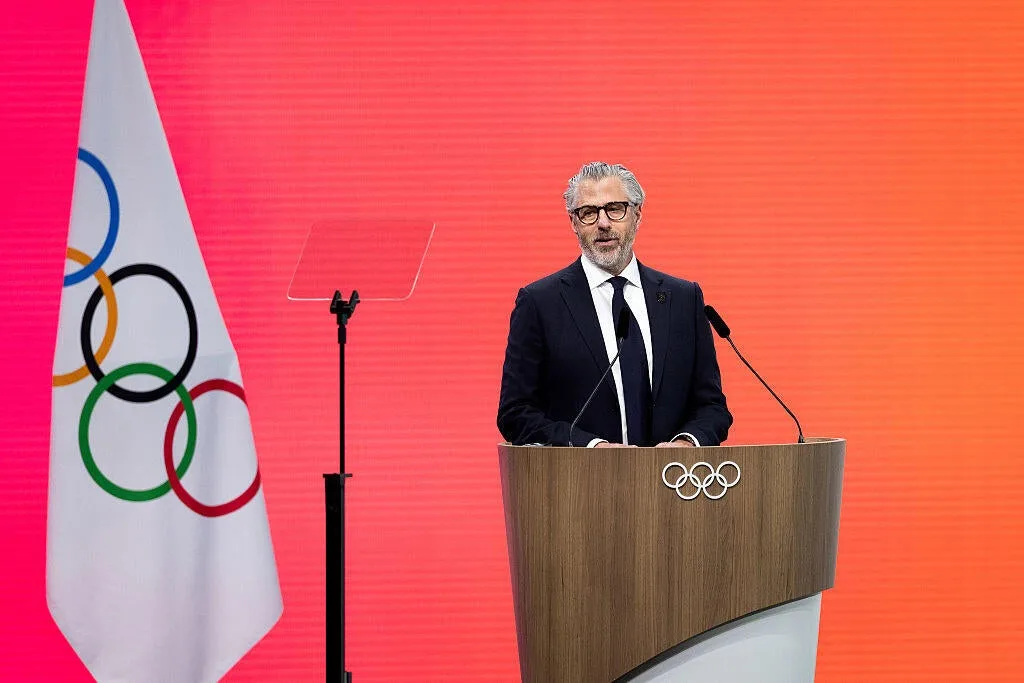Australia and China are working to strengthen their trade relationship, even though major differences remain on regional security and human rights. During a meeting in Beijing on Tuesday, both countries’ leaders agreed to focus on shared goals to benefit their nations.
Chinese President Xi Jinping met with Australian Prime Minister Anthony Albanese for wide-ranging talks. This marked a key step in rebuilding ties after years of strained relations. At the meeting, Xi said it was important to find common ground while respecting disagreements. He added that this method reflects the long-term interests of both countries.
Albanese agreed with Xi’s message. He noted that putting aside differences has already led to good outcomes for both Australia and China. The prime minister said the talks showed how open dialogue can help rebuild trust and support shared economic progress.
This visit is Albanese’s first trip to China as prime minister. It also comes after years of diplomatic tensions. In recent years, the two countries have disagreed on several key topics. These include China’s growing military presence in the Asia-Pacific, human rights issues, and Australia’s call for an investigation into the origins of COVID-19.
Despite these issues, both sides have made efforts to restore trade flows. China is Australia’s largest trading partner. It had imposed trade barriers on key Australian exports such as wine, barley, and coal. In the last year, however, many of these restrictions have been removed. This change followed several high-level talks between government officials and diplomats.
Xi praised the progress made and said the two countries should continue building mutual trust. He also noted that trade between the two nations had brought strong benefits, not only in economic terms but also in cultural and educational exchanges. The Chinese leader said that keeping communication open would help prevent further conflict.
Albanese said he welcomed China’s recent steps to ease trade limits. He highlighted the importance of predictable trade rules for both countries. He added that ongoing cooperation will support jobs and businesses in Australia, especially in sectors like farming, mining, and education.
The two leaders also talked about other important areas, such as climate change and regional peace. While there was no agreement on every issue, both sides said they were committed to continuing talks.
Albanese also met with Chinese Premier Li Qiang earlier in the day. During their meeting, the two leaders signed deals covering trade, education, and climate action. Li noted that Australia and China are key partners and said more cooperation would bring new chances for both sides.
This latest round of talks marks a significant shift in tone compared to just a few years ago. In 2020, China reacted strongly to Australia’s request for a global COVID-19 investigation by introducing trade bans. Australia responded by blocking some Chinese investment projects and strengthening its security ties with other regional powers.
Still, the recent meeting suggests both countries now see value in moving forward. Experts say that while full trust may take time to rebuild, economic needs are pushing both sides to find common ground.
Albanese ended his visit by calling the talks “constructive.” He said it is important for Australia to engage with China where possible and to stand firm on its values when needed. The prime minister stressed that the goal is a stable, peaceful, and economically strong region.
As Australia and China look ahead, trade will remain a key part of their relationship. Even with ongoing political challenges, both countries appear ready to invest in dialogue and cooperation.







